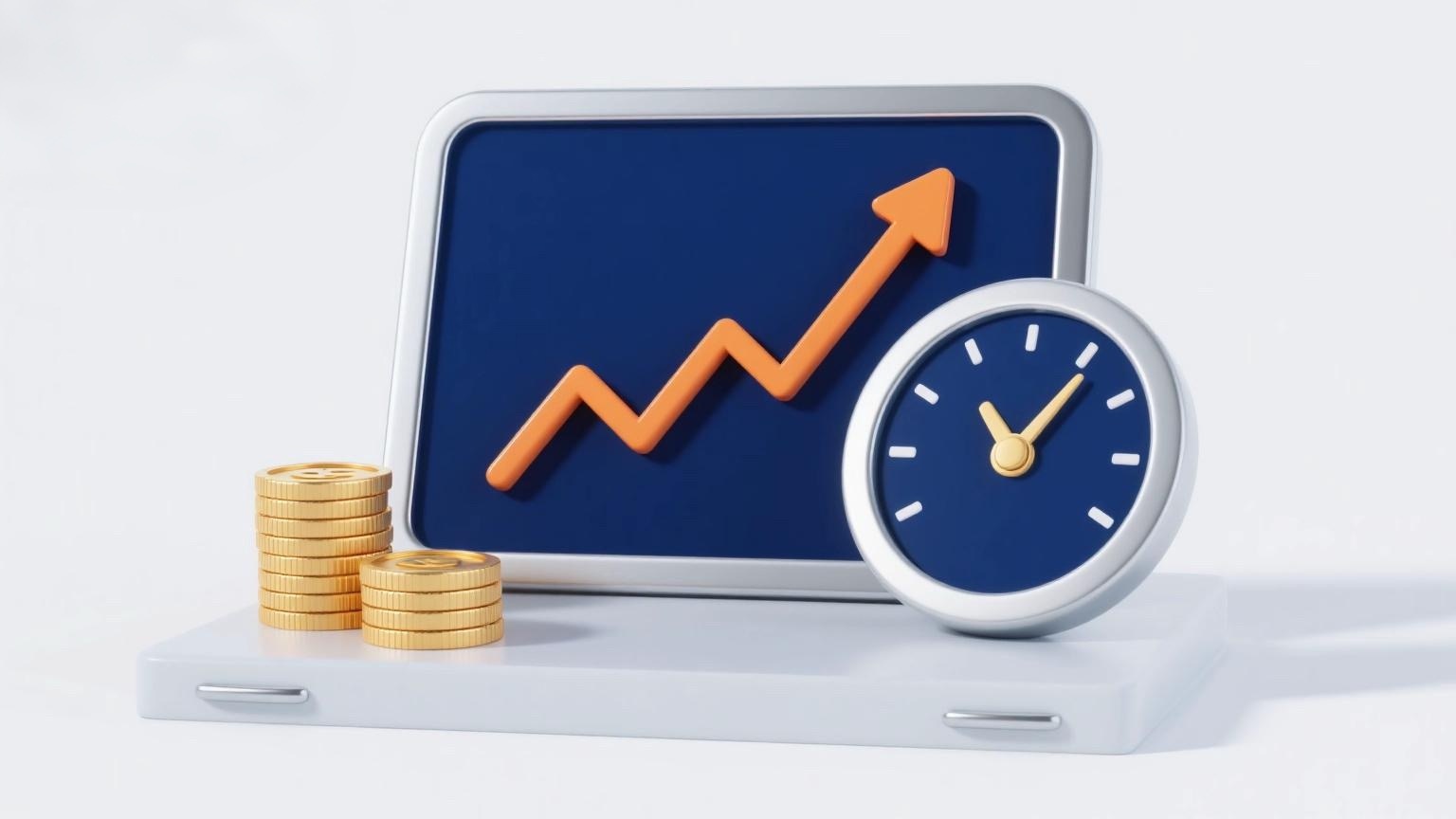
On the morning of July 28, the STAR Market AI ETF (588930) opened higher but then retreated, with a decline of 0.33% at the time of writing and a turnover rate of nearly 5%, showing active intraday trading. Among its constituent stocks, VeriSilicon Microelectronics, Roborock, and Aerospace Hongtu led the gains.
Wind data shows that the STAR Market AI ETF (588930) has attracted funds for two consecutive trading days, with cumulative net inflows exceeding 18 million yuan.
On the news front, the AI industry welcomed multiple positive developments over the weekend. On July 26, the 2025 World AI Conference (WAIC) and the High-Level Meeting on Global AI Governance opened in Shanghai. During the conference, Shanghai officially issued a new batch of demonstration operation licenses for intelligent connected vehicles.
Additionally, on July 26, the Chinese government proposed the establishment of a World AI Cooperation Organization, with its headquarters tentatively planned to be in Shanghai.
The STAR Market AI ETF (588930) closely tracks the SSE STAR Market AI Index (950180.CSI). This index selects 30 listed securities from the STAR Market with larger market capitalizations and businesses involved in providing foundational resources, technologies, and application support for AI, serving as a benchmark to reflect the overall performance of representative AI industry listed securities on the STAR Market.
Min Sheng Securities believes that with the grand opening of WAIC 2025, China's digital economy is transitioning from the "Internet+" phase of broad connectivity to the "AI+" phase of innovation leadership. Current policies are entering a boom period, and "AI+ industry applications" are accelerating, potentially replicating the high-growth trajectory of "Internet+ industry applications."
Huabao Securities notes that market sentiment remains strong, with a focus on "rotation and catch-up," and growth may take over from cycles. In the short term, cyclical sectors and commodity markets face risks of overheating and overbought conditions, while the rotation appeal of tech (AI, chips, etc.) and new energy sectors has improved, suggesting growth styles may soon take the lead over cycles.
















